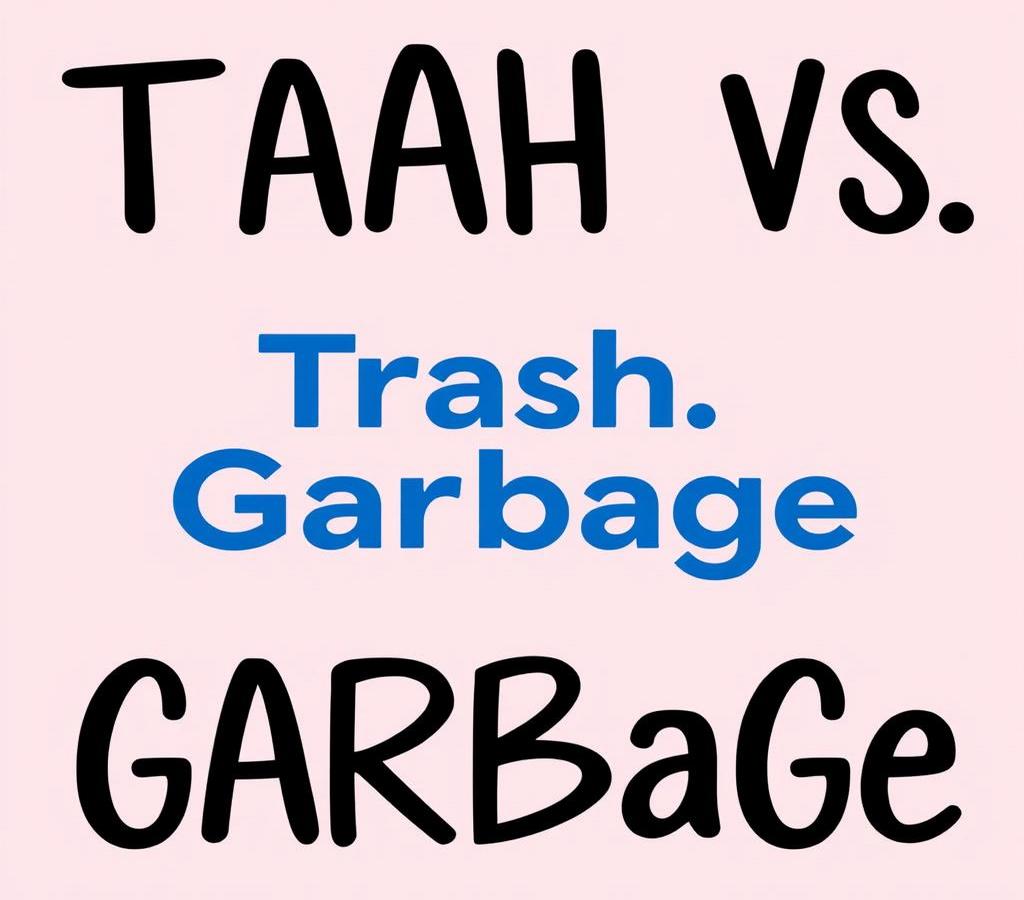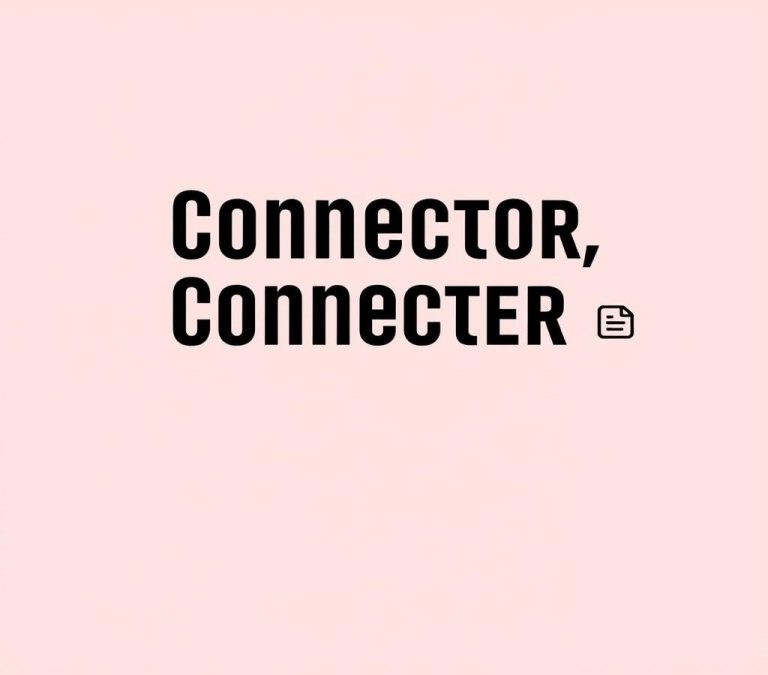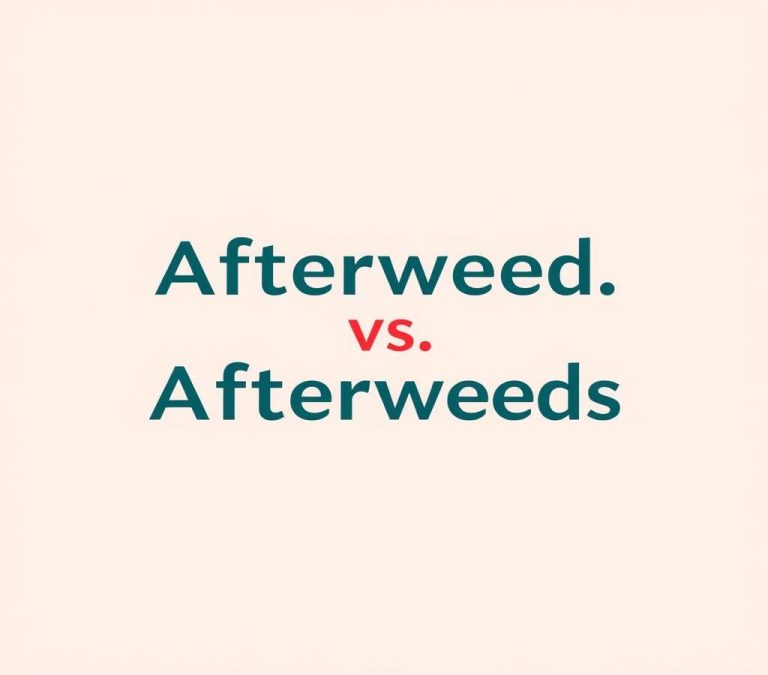Trash vs. Garbage: Grammar Usage, Meaning, & More
Many people use the words “trash” and “garbage” as if they mean the same thing. While these terms often get mixed up, they actually have different meanings in some contexts. Understanding the difference between the two can help us manage waste more effectively. This article explores how “trash” and “garbage” are different and why this matters.
Quick Answer
Trash and garbage are often used interchangeably, but there’s a subtle difference. Trash refers to dry, non-organic waste like paper, plastic, and metal, while garbage refers to organic waste like food scraps, yard trimmings, and human waste. Both terms describe unwanted materials, but trash is typically recyclable, whereas garbage is not. In everyday language, the distinction is often blurred, and both words are used to describe all kinds of waste.
Why There is Confusion
The terms “trash” and “garbage” are often used interchangeably in everyday conversation, leading to a lot of confusion. This confusion arises because both words generally refer to waste materials that need to be disposed of. However, they have specific meanings and nuances that differentiate them. Cultural, regional, and contextual factors further blur the lines, making it important to understand the distinctions.
What Does “Trash” Mean?
“Trash” usually refers to items that are discarded but are not necessarily decomposable or organic in nature. These items include non-biodegradable materials such as plastics, paper, metal, and glass. When someone says they are taking out the trash, they could be referring to things like old toys, broken furniture, or packaging materials.
In some contexts, “trash” can also mean something worthless or of poor quality. For example:
- “That movie was complete trash.”
- “This book is trash; the plot doesn’t make sense.”
Thus, “trash” carries a connotation of being disposable and lacking value, regardless of whether it is physical or metaphorical.
What Does “Garbage” Mean?
“Garbage” is often used to describe waste that originates from kitchens or bathrooms, primarily organic material. Items that fall into this category include food scraps, eggshells, vegetable peels, and other decomposable materials. In essence, garbage is the kind of waste that typically produces an odor as it decays.
The term “garbage” can also be used in a figurative sense to denote something considered useless or nonsense. For instance:
- “That argument is garbage, it doesn’t hold up.”
- “Don’t listen to that garbage; it’s all lies.”
Like “trash,” “garbage” implies something that needs to be discarded, but it often includes a sense of being foul or unpleasant.
The Difference Between “Trash” and “Garbage”
Difference in Parts of Speech
Both “trash” and “garbage” primarily function as nouns. However, “trash” can also be used as a verb. For instance:
- “They trashed the room during the party.”
- “Don’t trash my idea without hearing me out.”
On the other hand, “garbage” is rarely, if ever, used as a verb. This difference in parts of speech shows that “trash” is a more versatile term compared to “garbage.”
Difference in Connotation
While both words suggest items to be discarded, their connotations are different. “Trash” often has a broader, more general connotation and can refer to non-organic waste and even non-physical worthless items. “Garbage,” however, specifically implies organic waste and often carries a negative connotation of decay and foulness.
Difference in Usage
The usage of “trash” and “garbage” can also depend on regional preferences and cultural contexts. For example, in some parts of the United States, people commonly use “trash” to refer to all kinds of waste, while in other regions, the term “garbage” may be more prevalent. Furthermore, in certain professional or technical contexts, distinctions between the two words could be strictly defined to better manage waste disposal processes.
Synonyms for “Trash”
There are several synonyms for the term “trash,” which can be used interchangeably depending on the context:
- Rubbish
- Refuse
- Debris
- Junk
- Waste
These synonyms often share similar connotations with “trash,” indicating items that are unwanted or of no value.
Synonyms for “Garbage”
Similarly, “garbage” also has various synonyms that can be used depending on the context:
- Waste
- Refuse
- Scraps
- Litter
- Rubbish
These terms can refer to both organic and inorganic waste but often imply material that is unpleasant or foul-smelling.
Examples of Usage: “Trash” vs “Garbage”
To further clarify the difference, let’s look at some examples of how each term is used in sentences.
For “trash”:
- “Please take out the trash; the bin is overflowing.”
- “All that broken furniture is just trash; let’s get rid of it.”
- “They trashed the car while joyriding.”
For “garbage”:
- “The kitchen garbage needs to be taken out; it’s starting to smell.”
- “Don’t put that food waste in the trash, it belongs in the garbage can.”
- “His excuse was pure garbage; nobody believed him.”
These examples highlight that while both words can serve similar purposes, they often point to different types of materials or contexts.
Conclusion: Are “Trash” and “Garbage” Really the Same?
In conclusion, while “trash” and “garbage” are often used interchangeably, they are not entirely the same. “Trash” generally refers to non-organic, non-decomposable waste and has a broader range of meanings, including metaphorical ones. “Garbage,” on the other hand, usually denotes organic, decomposable waste and carries a connotation of foulness or decay. Additionally, “trash” can also function as a verb, whereas “garbage” is strictly used as a noun.
Understanding these subtle differences can improve communication and waste management, whether you’re talking about household chores or broader environmental issues. While both terms serve the purpose of referring to unwanted items, knowing when to use “trash” versus “garbage” adds a layer of precision to your language.
Ultimately, whether or not people recognize these differences may depend on regional dialects and personal habits. However, an awareness of the distinct meanings of “trash” and “garbage” can lead to clearer, more effective communication.







